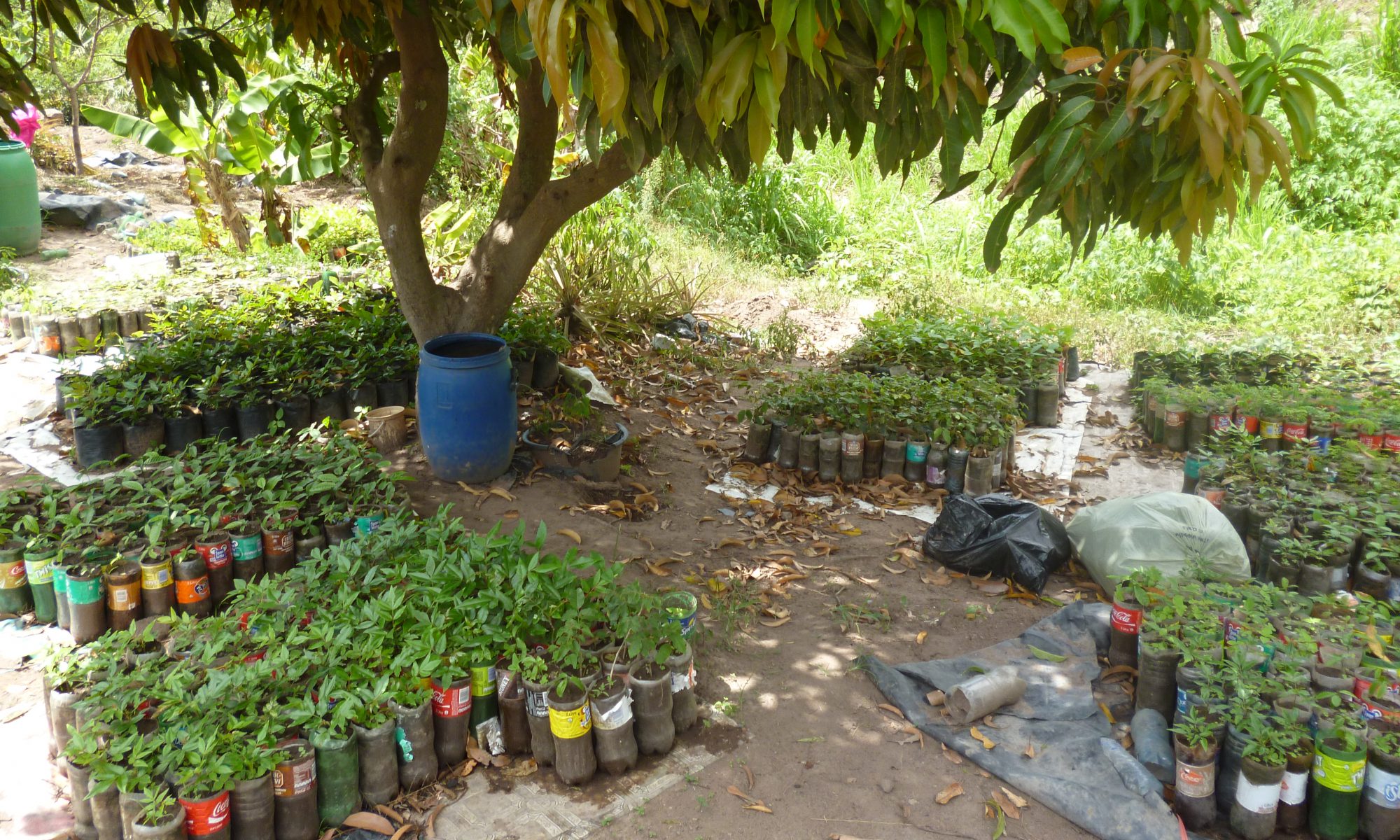Dr Andrew Okem, a Senior Researcher with the South African Research Chair Initiative in Applied Poverty Reduction Assessment in the School of Built Environment and Development Studies (BEDS), recently presented his research that explored stakeholder’s perspectives on the social acceptability of effluent in agriculture at the eThekwini University Research Symposium. The symposium is an annual event that “aims to provide a common platform for city practitioners and its academic partners to network and identify opportunities for strategic and collaborative research outputs that advance municipal service delivery”. This year’s event revolved around the theme of “Durban, A City in Transformation: Towards an Effective, Inclusive and Sustainable Socioeconomic Outcome”.

Dr Okem’s presentation at the conference is part of a large interdisciplinary research titled “Integrating Agriculture in Designing Low-Cost Sanitation Technologies in Social Housing Schemes” led by Dr Alfred Odindo. The study was informed by the need to simultaneously address the challenges of sanitation backlog, food security, lack of access to safe water, and environmental pollution. In his presentation, Okem noted that “increasing population density in the urban and peri-urban areas of eThekwini Municipality, coupled water constraints has necessitated the need to explore innovative ways to manage the provision of water and sanitation services. One of the innovative options being explored is closing the water-sanitation-food security loop by integrating sanitation systems in social housing schemes with agriculture”. Okem pointed out that “despite the potential of this approach in addressing challenges of water, sanitation, food security and pollution, questions around the social acceptability of food grown using domestic effluent remains unanswered”. The study was grounded on the qualitative paradigm with samples drawn from local communities, municipal officials and academics. The study finds that although literature identifies culture, religion, odour and health concerns as barriers to reusing human excreta in agriculture, finding from the focus groups demonstrate openness towards growing and consuming food using domestic effluent. Importantly, the study demonstrates that there is potential in simultaneously addressing issues of food insecurity and sanitation that characterise many peri-urban and rural areas in South Africa. Critically, we recommend that existing government policies restricting the use of human excreta in agriculture be revisited in order to permit the exploitation of a potentially valuable resource.
Okem noted that although there are mixed responses with regard to whether food grown using domestic effluent should be labelled, the prevalent finding is that participants have no problem purchasing labelled food. Conversely, interviews with technocrats and academics show that food grown with effluent can be labelled as organic. Given the above findings, Okem recommended further research to explore the ethical and policy implications of labelling food grown using effluent.
